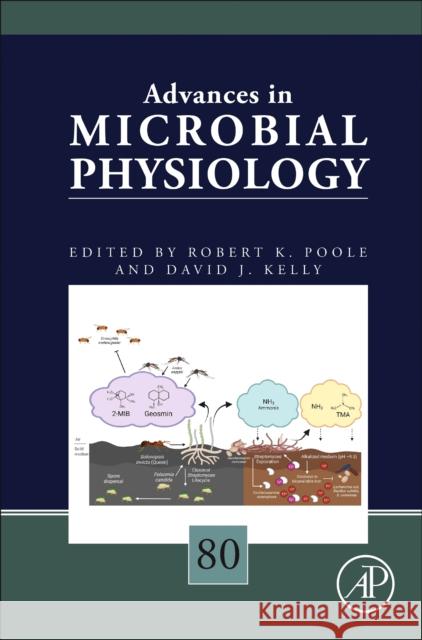Advances in Microbial Physiology: Volume 80 » książka
topmenu
Advances in Microbial Physiology: Volume 80
ISBN-13: 9780323988698 / Angielski / Twarda / 2022
Advances in Microbial Physiology: Volume 80
ISBN-13: 9780323988698 / Angielski / Twarda / 2022
cena 605,99
(netto: 577,13 VAT: 5%)
Najniższa cena z 30 dni: 604,74
(netto: 577,13 VAT: 5%)
Najniższa cena z 30 dni: 604,74
Termin realizacji zamówienia:
ok. 16-18 dni roboczych.
ok. 16-18 dni roboczych.
Darmowa dostawa!
Kategorie:
Kategorie BISAC:
Wydawca:
Academic Press
Seria wydawnicza:
Język:
Angielski
ISBN-13:
9780323988698
Rok wydania:
2022
Numer serii:
000042597
Oprawa:
Twarda
Wolumenów:
01











